What do Cork priests want to see from the new Pope?
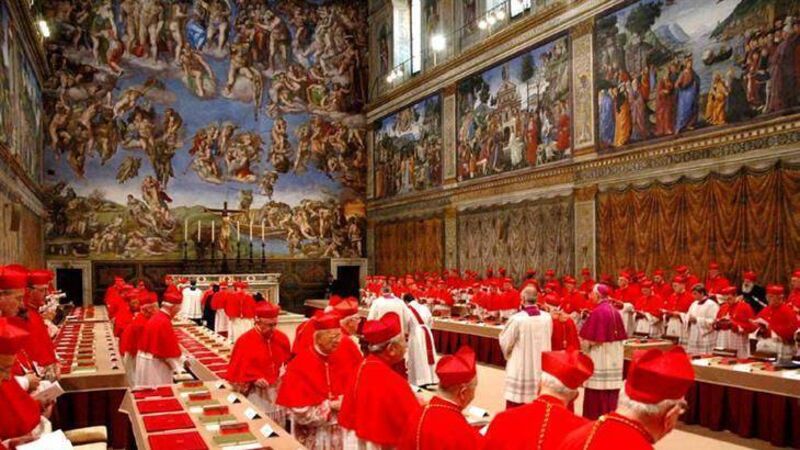
Cardinals from across the globe have arrived in the Vatican for the conclave in the Sistine Chapel to elect the successor to the late Pope Francis.
WHILE the Catholic Church has 1.4bn adherents, just 135 cardinals, who will sequester themselves in the Sistine Chapel in the Vatican later today, have the power of electing who among them will be the next pope.
The Echo spoke to a number of Cork priests to get their sense of what they would like from the next papacy.
‘More Francis’ or something different? That’s how we in the secular media have chosen to characterise in a few words the election of the next head of the Catholic Church as the conclave gets under way.
The eyes of the world’s Catholics, at least, will be on a temporary chimney that has been installed by the Vatican City Fire Service on the roof of the Sistine Chapel. It will be from this chimney that the first signal of a conclusion to the election will be sent in the form of puffs of white smoke generated by the burning of the ballot papers in chemicals in a stove that has been put in place in the chapel, which is famously bedecked with murals painted by Michelangelo.
This coming conclave will be the first for decades not to have an Irish cardinal with a vote or with a chance of election. The only Irish prelate is Cardinal Seán Brady, who, at over 80, is too old to be elected or to be an elector. Despite this, there is a strong Irish interest in the election, partly because Ireland has a strong Catholic heritage and, also, because we have a healthy interest in elections.
The Cork priests whom The Echo spoke to were keen to stress that the process is unlike polls we all have a vote in, such as local or general elections. The 135 or so cardinals — a handful will be absent due to illness or inability to travel — will be voting according to their own lights, but the prevalent belief is that they will be guided by a higher power, the Holy Spirit.
According to Fr Eamon McCarthy, parish priest in Clondrohid and one-time priest director of the Catholic radio station Radio Maria, this is a tremendously “exciting time in the Catholic Church”.
“You don’t have to go back too far to turn a few pages to see that the Holy Spirit has provided exactly who we needed, when we needed him,” said Fr McCarthy.
“Go back to St John the XXIII: He initiated the Second Vatican Council. Paul VI took over from him, but he had his own challenges, too, but produced the epic encyclical, Humanae Vitae, which is completely misunderstood” he said.
“He was succeeded by Pope John Paul I, who providentially recognised it was not his time and died 33 days later, and then came St John Paul II, an absolute total legend in terms of what he achieved and what he did. Pope Benedict XVI, his successor, had his role to play in terms of the doctrine and the faith from his background and so on.
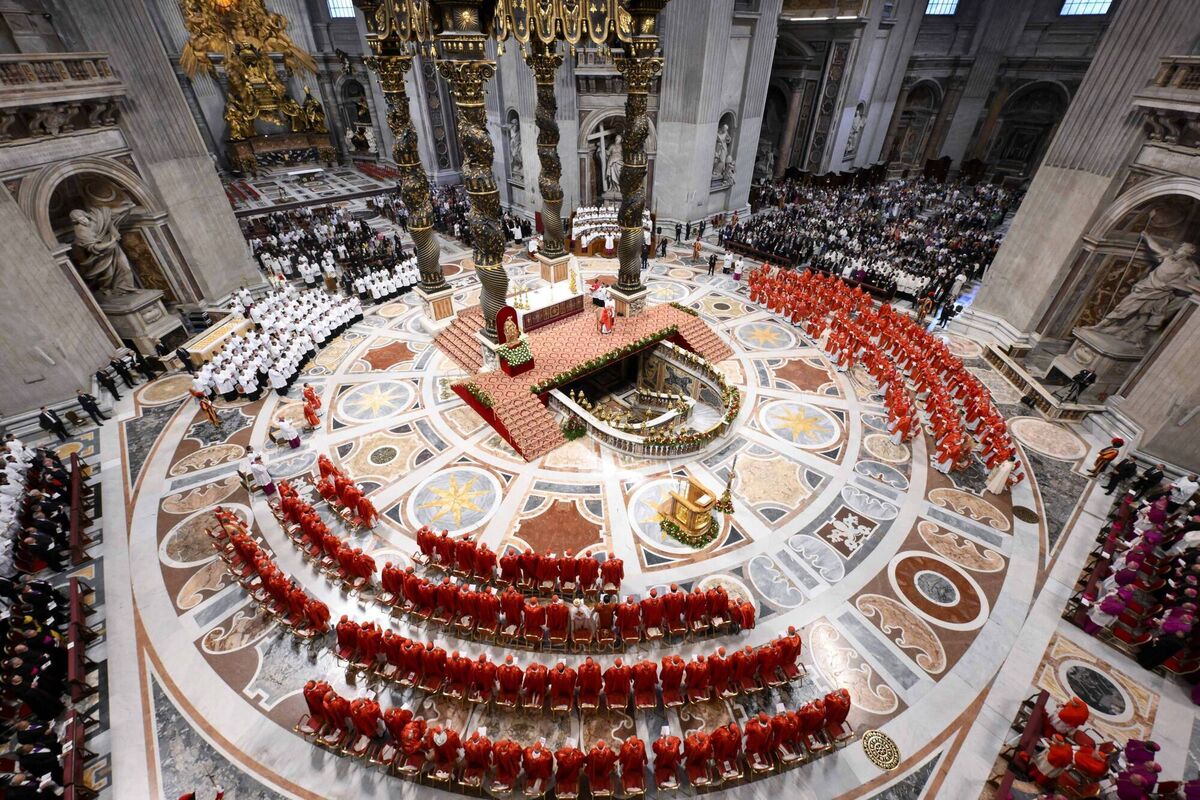
“Pope Francis had a more pastoral approach to things. Every pope brings his own charism, his own approach to things and, again, that’s why we can sit back, in a sense, and watch how the spirit is moving and guiding the Church and trust that it’s in good hands, because it has been for so long. We might well be surprised with the successor to Pope Francis and what charism and what gifts he will bring to the Church — the doctrine of the Church is quite safe.”
Speaking to The Echo, Fr Tom Hayes, parish priest in Clonakilty and vicar general, said the “day-to-day impact of the papacy on the life of an individual parish isn’t as big as people might think”.
“Those of us who are in ministry in parishes, our ministry with the bereaved isn’t really going to change depending on who’s going to be pope.
“Sometimes the debate gets put on to a level which is removed from the reality.”
Fr Hayes acknowledged that the pope, as leader, had a role as shepherd “to guide us all to Christ”.
“Different popes have different ways of doing that,” he said. “I think, whoever the Holy Spirit chooses to give us as the next pope will be welcomed by pretty much everybody, certainly by the priests on the ground.”
He pointed out the differences between this and what secular society views as an election. “The cardinals do vote, but they vote after a period of prayer and discussion and discerning. The questions they are asking are not, ‘Who would be a good pope?’ The questions they’re asking are, ‘Where is the Church at in the world at the minute?’ and ‘Where is God guiding his Church and, therefore, what kind of qualities are needed to provide that guidance?’”
The cardinals who have the privilege of voting represent hundreds of millions of Catholics across the world.
“Those of us who are in a parish in West Cork, or wherever else, we tend to be very local in our understanding and our perspective. Those of us in the northern hemisphere find it very hard to empathise with those on the other side of the world.”
Fr Aquin Casey, a priest in Cobh, who has just returned from a holiday in Rome that coincided with the funeral of the late Pope Francis, said the description of ‘election’ didn’t sit well with what was happening.
“It’s not like a general or presidential election,” he said. “Our belief is that there is a higher power at work.
“It’s the first time, actually, I know very little about any of the cardinals that could be elected. They’re all sort of unknown quantities to me.”
When put in the concise terms of ‘more Francis’ or ‘different to Francis’, Fr Casey has this to say.
“My own preference would be more Francis, my feeling is that he has certainly left a legacy that is suitable for our Church today.”
While few names were mentioned by the different priests spoken to by The Echo, the sense was that whoever is chosen will be who is required at this time.
According to Fr McCarthy, when people 500 or 1,000 years hence will be looking back at this time, the era of St John Paul II, Pope Benedict, and Pope Francis will be seen as having been an epic time to be a Catholic.

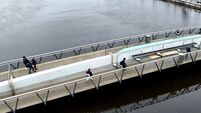
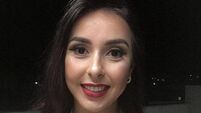
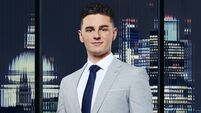



 App?
App?


